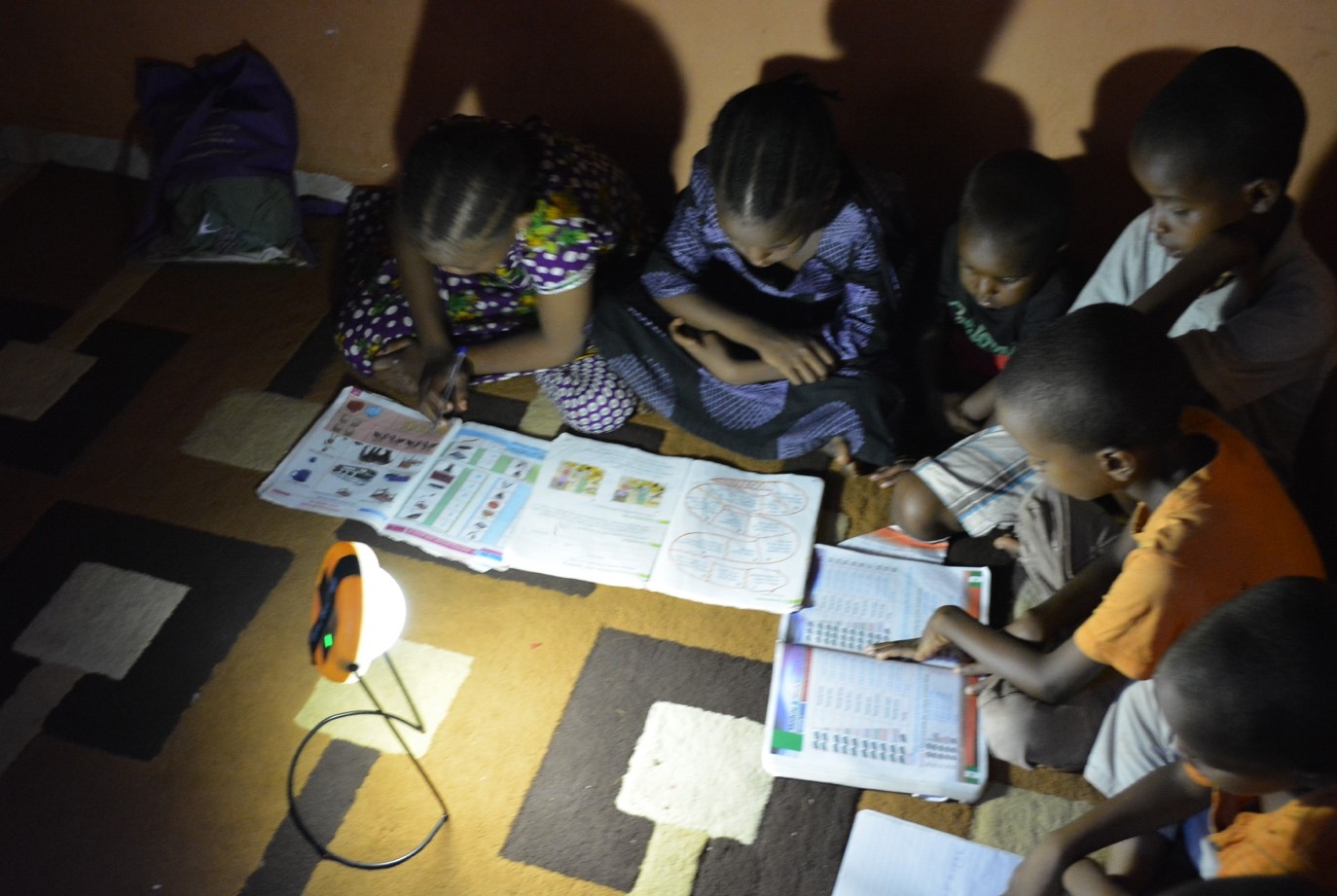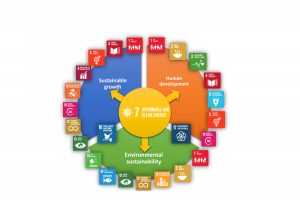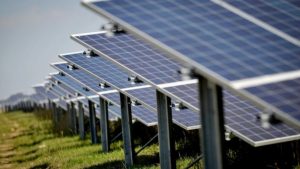With £1.5m, the UK is tapping and converting the burning sun into electricity that homes, businesses, and hospital in Nigeria can rely on. This matters a lot to beneficiaries of this.

“Before, we didn’t have light because we live in the village, now there is light in the house.
“We use it to see, before we use candle and lanterns. I can cook at night with the light before it was not like that. The children like it. We don’t have a TV but we can use the fan and life is better now,” Hassana, a housewife in Charwa/Chakun community said.
Hassana lives with her family in Charwa/Chakun, a community within Markarfi local council of Kaduna State. Her community is reportedly off Nigeria’s public electricity grid.
Except for the recent intervention of SolarNigeria, a grant programme of the United Kingdom’s Department for International Development, Hassana and other inhabitants of Charwa/Chakun lived with no electricity.
Though it had the sun, Charwa/Chakun waited for the financial and hi-tech interventions of SolarNigeria to experience the other side of the sun it was not used to – giving electricity to its homes.
“Though it had the sun, Charwa/Chakun waited for the financial and hi-tech interventions of SolarNigeria to experience the other side of the sun it was not used to – giving electricity to its homes”.
Now, Hassana’s family of five enjoys steady electricity from the off-grid solar panel installed on her rooftop by SolarNigeria. Through this technology, the burning sun above her head is tapped and converted for her use.
According to its promoters, SolarNigeria is backing solar vendors and promoters with the financial capacity to rapidly expand and deploy solar technology to electricity consumers in Northern Nigeria. These consumers are mostly inhabitants of semi-rural off-grid communities who may not be in the electrification plan of the government.
The programme has also supported the electrification of 11 primary health clinics and 172 schools in Lagos State.
Nigeria is endowed with good sources of electricity – solar; gas; wind; biomass; and hydro, but generates just about 3500MW of power for its 170 million people. This has never being enough, thus ensuring an enduring circle of electricity deficit.
Nigeria is endowed with good sources of electricity – solar; gas; wind; biomass; and hydro, but generates just about 3500MW of power for its 170 million people. This has never being enough, thus ensuring an enduring circle of electricity deficit.
Often, it is a norm for homes and businesses in the country’s cities and villages to self-generate the electricity they need, this practice is however very expensive. The SolarNigeria programme from its projects is identifying that there is reliable alternative in the sun.
It indicates that while households and small enterprises in Nigeria struggle so hard to have steady power to survive, the narratives from Charwa/Chakun may just be the kind of news they‘ve been missing.
From its work in Kaduna and Lagos, the UKAID has shown that the Nigerian solar power market could take a lot of businesses and homes out of the country’s energy crisis if liquidity can be scaled up to support an efficient supply chain and credit system provided to vendors and consumers.





